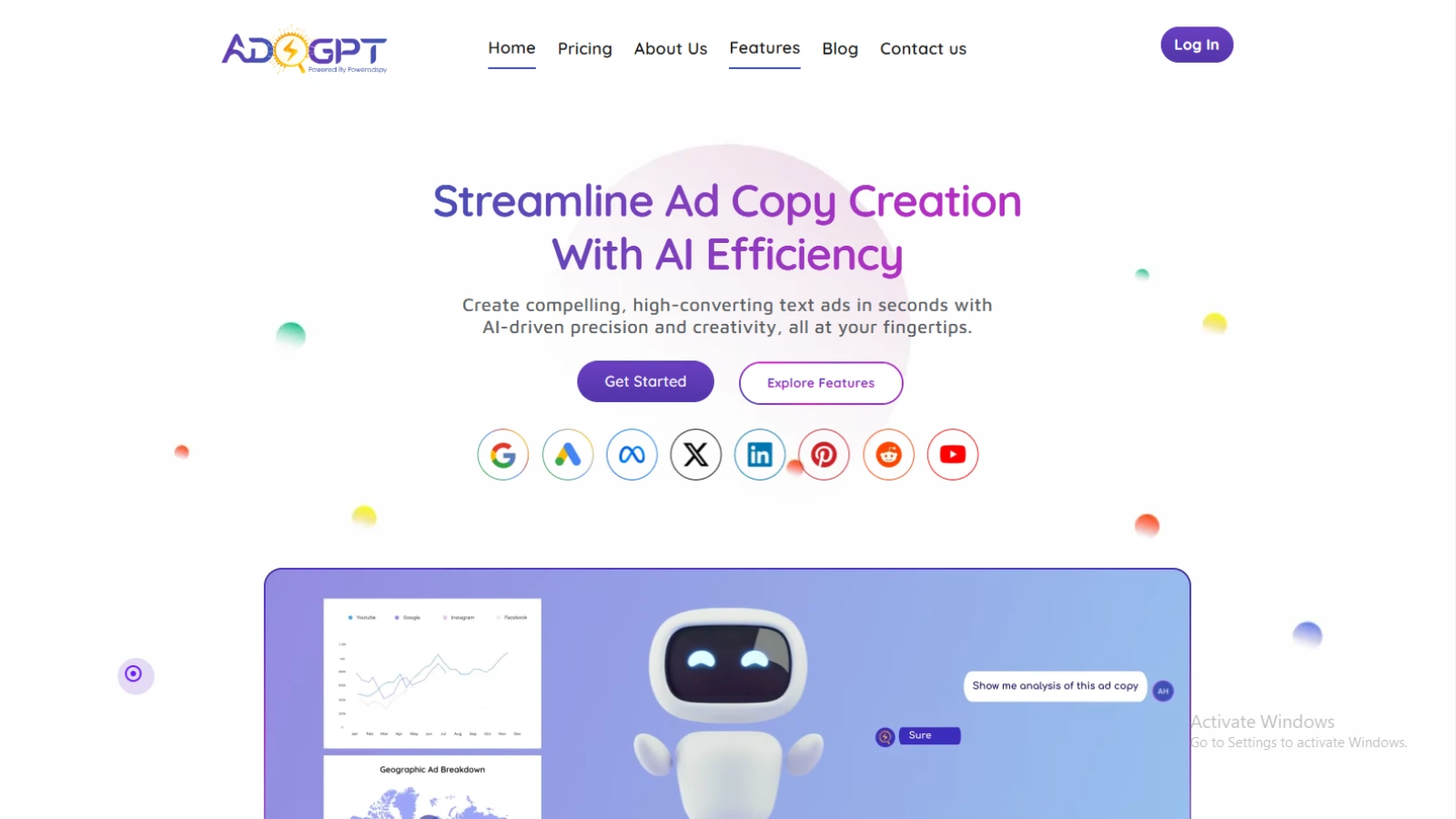
The way we search for information online is changing. Instead of typing queries, more people are using voice search for faster, hands-free results. Whether it’s asking a smart speaker for the weather, finding a nearby restaurant, or shopping online, voice search is transforming how we use technology. It’s making searching more convenient, allowing us to access information without touching a device. This shift in the growing adoption of voice search is reaching a wide range of users across different demographics. As voice search continues to evolve, it changes how we interact with the digital world.
In this blog, we will explore how voice search is changing businesses’ approach to digital marketing and search engine optimization. Additionally, we will discuss the growing role of voice search marketing and offer tips to help you optimize your content for this rapidly growing trend.
Why Voice Search Matters?

Voice search is a technology that allows users to search the internet by speaking instead of typing. It uses speech recognition to understand queries and provide relevant results. Commonly used on smartphones, smart speakers, and voice assistants, it makes searching faster and more convenient. Voice search often focuses on natural language and question-based queries. It is becoming essential for businesses to optimize their content for this growing trend.
More than ever, people want instant answers. With the rise of digital assistants like Siri, Alexa, and Google Assistant, voice search is growing. A study shows that nearly 50% of all online searches are now voice-based, to grow even further. This shift is pushing businesses to rethink their marketing strategies. Traditional SEO is still crucial, but optimizing for voice search ensures brands remain competitive in a rapidly evolving digital landscape.
The rise of voice search also highlights a change in user behavior. Instead of typing fragmented keywords into a search bar, people now ask full-fledged questions. For example, someone looking for a nearby café might type “best coffee shop NYC” in a text-based search, but in a voice search, they might ask, “Where can I find the best coffee shop near me?” means businesses must refine their content strategies to align with conversational search patterns.
How Voice Search Is Changing Search Ads?

If you run paid advertisements online, you have likely heard of search ads—those sponsored results that appear at the top of search engine pages. But did you know that voice search ad generator is reshaping how these ads work? Instead of displaying multiple ads on a screen, voice search often provides just one answer, meaning competition for that top spot is fierce. Businesses must ensure their search ads for conversational and question-based queries.
For advertisers, this shift means reconsidering how ad campaigns are structured. Since voice assistants prioritize direct and authoritative responses, brands must optimize search ads to match commonly spoken queries. If your ad copy is too rigid or fails to address user intent, it’s unlikely to be chosen as the top result. Additionally, businesses should focus on location-based targeting, as many voice search queries involve phrases like “near me” or “closest.”
The Power Of Voice Search Marketing

With more consumers using voice-enabled devices, voice search marketing has become essential for businesses. But how do you take advantage of it? First, focus on natural language and long-tail keywords. Instead of optimizing for short phrases like “best-running shoes,” consider how people naturally ask questions: “What are the best running shoes for beginners?”
Another key strategy in voice search marketing is optimizing for local searches. Many voice search queries are location-based, such as “Where’s the best pizza place near me?” If your business is for local SEO, you could out on potential customers. Ensuring your business on Google My Business and other directory listings can improve your chances of appearing in voice results.
Additionally, featured snippets play a crucial role in voice search marketing. When a search engine delivers a voice result, it often pulls from featured snippets—concise, informative answers displayed at the top of search engine result pages. Structuring your content to target these snippets can increase your visibility and improve your chances of being the voice search result.
Search Engine Marketing In The Age Of Voice Search

Search engine marketing (SEM) is all about getting your business noticed in search results through paid advertising. But with voice search growing, SEM strategies must evolve. Since users tend to phrase voice queries differently than text-based searches, ad copy must be adjusted to sound more conversational. Using an ad copy generator can help businesses create compelling, natural-sounding ads that align with how people speak.
Incorporating structured data is another aspect of SEM in the voice era. Providing search engines with clear, organized information about your business—such as operating hours, pricing, and location—increases the likelihood of being featured in voice search results. Structured data also helps search engines better understand the context of your content, improving your chances of ranking higher.
Voice commerce, or v-commerce, is another area where consumers now use voice assistants to make purchases, from ordering groceries to booking services. Brands that streamline their purchase process and ensure smooth transactions through voice interfaces will have a competitive edge in this growing market.
Read More
Unlock The Hidden Science Behind Search Ad Generators
How To Utilize An Ad Copy Generator For Successful Campaigns?
AdsGPT.io: A Smart Solution For Ad Copy Generation

AdsGPT.io is an AI-powered platform designed to help businesses quickly generate high-quality ad copies for digital platforms like Google, Facebook, and LinkedIn. Advanced artificial intelligence. Creates optimized, engaging ads tailored to specific marketing goals. It simplifies ad creation, saving time and ensuring high performance across campaigns. AdsGPT also analyzes competitors’ ads, helping businesses craft better ad strategies. Analytics and tracking tools offer valuable insights to enhance campaign effectiveness.
Creating compelling ad copy that resonates with users can be challenging, especially in the evolving landscape of voice search marketing. It is where AdsGPT.io comes into play. AdsGPT.io is an AI-powered ad copy generator that helps businesses craft engaging, high-converting advertisements.
One of the key benefits of AdsGPT.io is its ability to save time while enhancing the effectiveness of ad campaigns. Instead of spending hours brainstorming the perfect ad copy, businesses can use the tool to generate high-quality, compelling text in seconds. It streamlines the ad creation process and also ensures consistency and relevance messaging.
Tips For Optimizing For Voice Search

Want to stay ahead of the competition? Here are some actionable tips to help you optimize your content and search ads for voice search:
- Use Natural Language – People speak differently than they type. Focus on conversational phrases and questions.
- Target Long-Tail Keywords – Instead of short keywords, how people ask complete questions.
- Optimize for Local Search – Many voice search queries include “near me,” so make sure your business is in local directories.
- Improve Site Speed – Voice searches on mobile, and fast-loading sites perform better.
- Create FAQ Pages – Anticipate customer questions and provide direct, concise answers.
- Leverage Structured Data – Ensure search engines can easily find relevant details about your business.
- Invest in Conversational Ad Copy – Use an ad copy generator like AdsGPT.io to craft compelling, natural-sounding messages.
- Optimize for Featured Snippets – Structure content that search engines can pull clear, direct answers.
- Allow Voice Commerce – Streamline purchasing options to facilitate voice-activated transactions.
- Stay Updated – Voice search is evolving, and businesses must continuously adapt their strategies.
Conclusion
Voice search is revolutionizing people finding information online, making it faster and more convenient. As voice-enabled devices grow in popularity, businesses must adapt by optimizing their content and ads for this shift in user behavior. By focusing on natural language, local searches, and long-tail keywords, brands can improve their visibility and stay ahead of the competition. With the right strategies and tools, like AdsGPT.io ad copy, businesses can take full advantage of the voice search trend and thrive in the evolving digital landscape.




